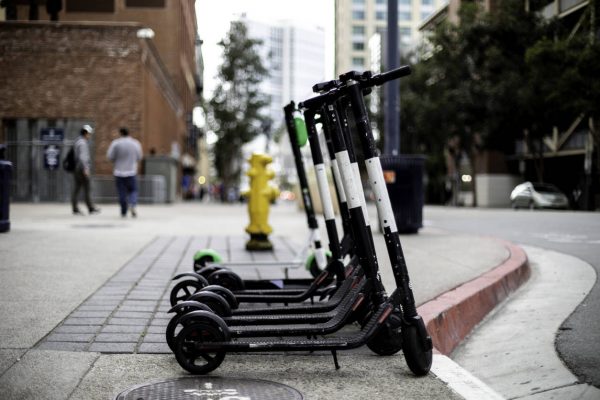Paris e-scooters under pressure to prove green credentials
Hadjali and Gompo are part of the “urban patrols” carried out by the US start-up Lime, which says the recovered units are recycled as much as possible — though the lithium-ion batteries are usually shot. Paris – Pulling on makeshift roped hooks along a sun-drenched bank of the Seine River in Paris, Youva Hadjali and Edison Gompo fish out two electric scooters — not the most ecological fate for devices billed as a carbon-free fix for strained urban transport systems. As city officials vow to rein in the use of wildly popular e-scooters, their short lifespans, along with the energy consumed to build and service them, have many wondering if they are as good for the environment as operators say. Hadjali and Gompo are part of the “urban patrols” carried out by the US start-up Lime, which says the recovered units are recycled as much as possible — though the lithium-ion batteries are usually shot. “Overall in Paris, Lime scooters have saved the equivalent of two days without any cars at all” since they arrived 16 months ago, Arthur-Louis Jacquier, head of French operations, told AFP. Critics say such claims fail to take into account the carbon emitted in constructing the scooters and the daily collections for recharging the so-called “dockless” vehicles. Those emissions are compounded by lifespans of barely a year, due to wear and tear but also vandalism. They were a specific target of activists at the Extinction Rebellion protest in Paris last month, who gathered up a huge pile of the devices to denounce what they labelled “pointless pollution.” “Scooters don’t replace cars, they motorise walking trips,” one sign said. Studies indeed show that most scooter trips are replacing walking or biking, with just a third displacing car use, said Jeremiah Johnson of North Carolina State University. […]
Paris e-scooters under pressure to prove green credentials Read More »

